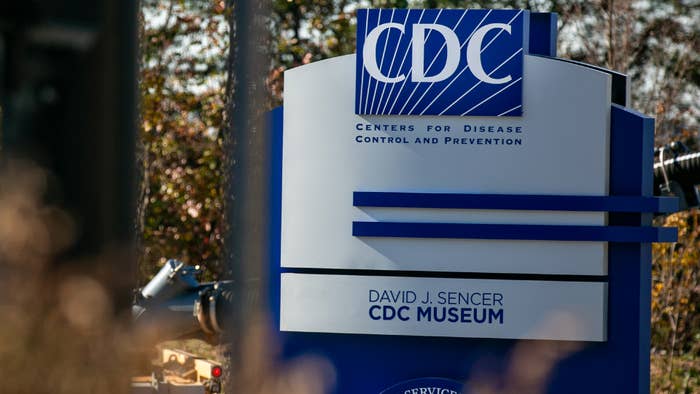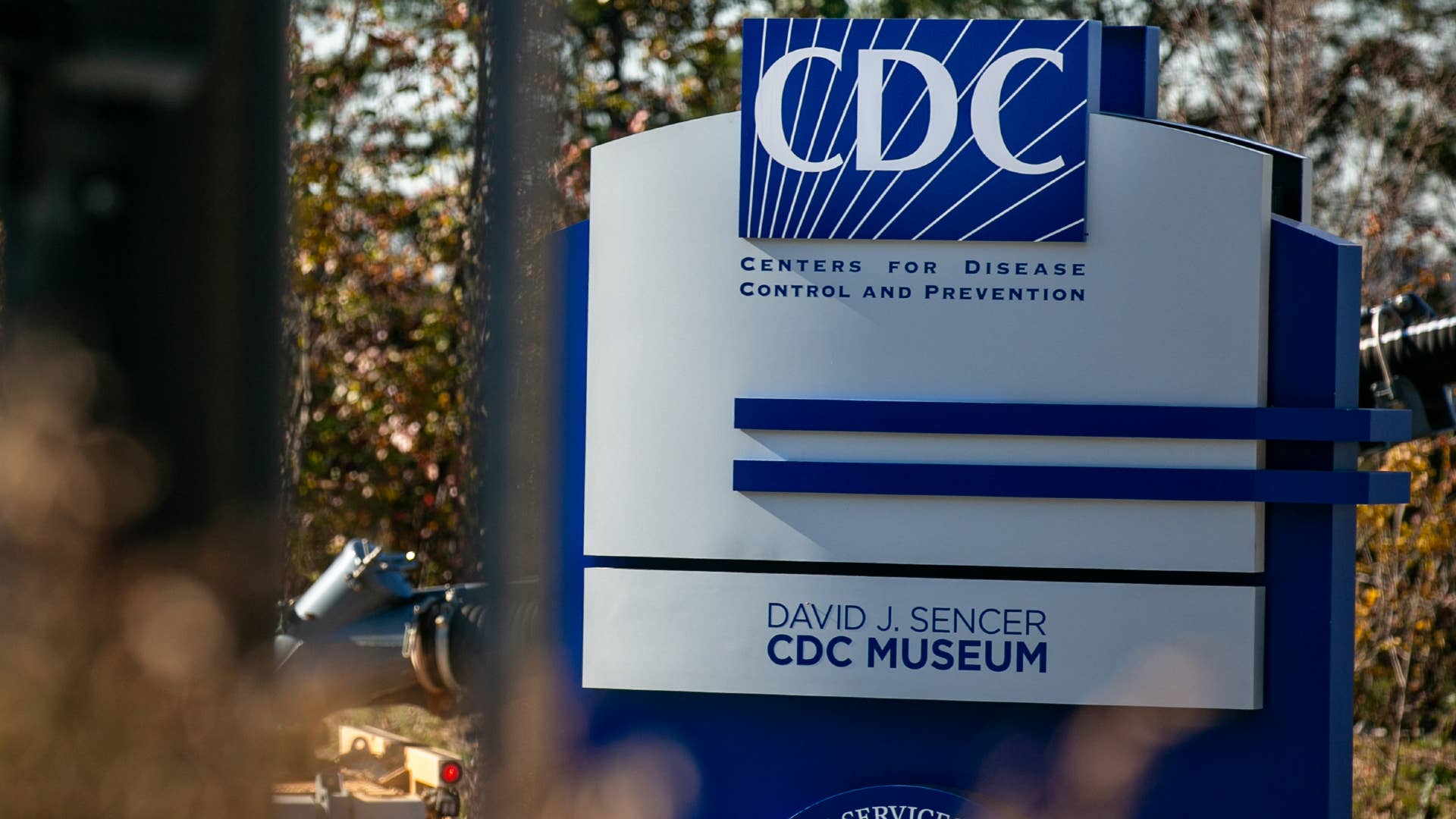
A pair of strains of coronavirus that were first discovered in California have now been labeled as “variants of concern” by the Centers for Disease Control and Prevention (CDC).
The federal agency considers a variant to be a “variant of concern” if there is evidence of an increase in transmissibility, more severe disease resulting in increased hospitalizations or deaths, a significant reduction in neutralization by antibodies, reduced effectiveness of treatments or vaccines, and/or diagnostic detection failures.
In an update to their SARS-CoV-2 Variants explainer page on Tuesday, the CDC placed the B.1.427 and B.1.429 variants into the “concern” category. There’s also a higher level of variant classification known as “high consequence,” but there are currently no variants that meet the classification requirements.
All told, the two California variants in question have been determined by the CDC to potentially be approximately 20 percent more transmissible.
Current focus for most Americans, meanwhile, remains on securing a vaccine appointment as the rollout continues to expand nationwide. Earlier this month, President Biden directed all states, tribes, and territories to make all adults eligible for vaccines no later than May 1.
As of March 11, more than 81 million vaccinations had been delivered to Americans. Once open eligibility begins, the Biden-Harris administration is planning for an increased number of places where Americans can get vaccinated, as well as double the number of pharmacies participating in the federal pharmacy program.
However, the pressing problem of some people choosing to act as if everything were suddenly back to full-blown normal remains a cause of concern.

